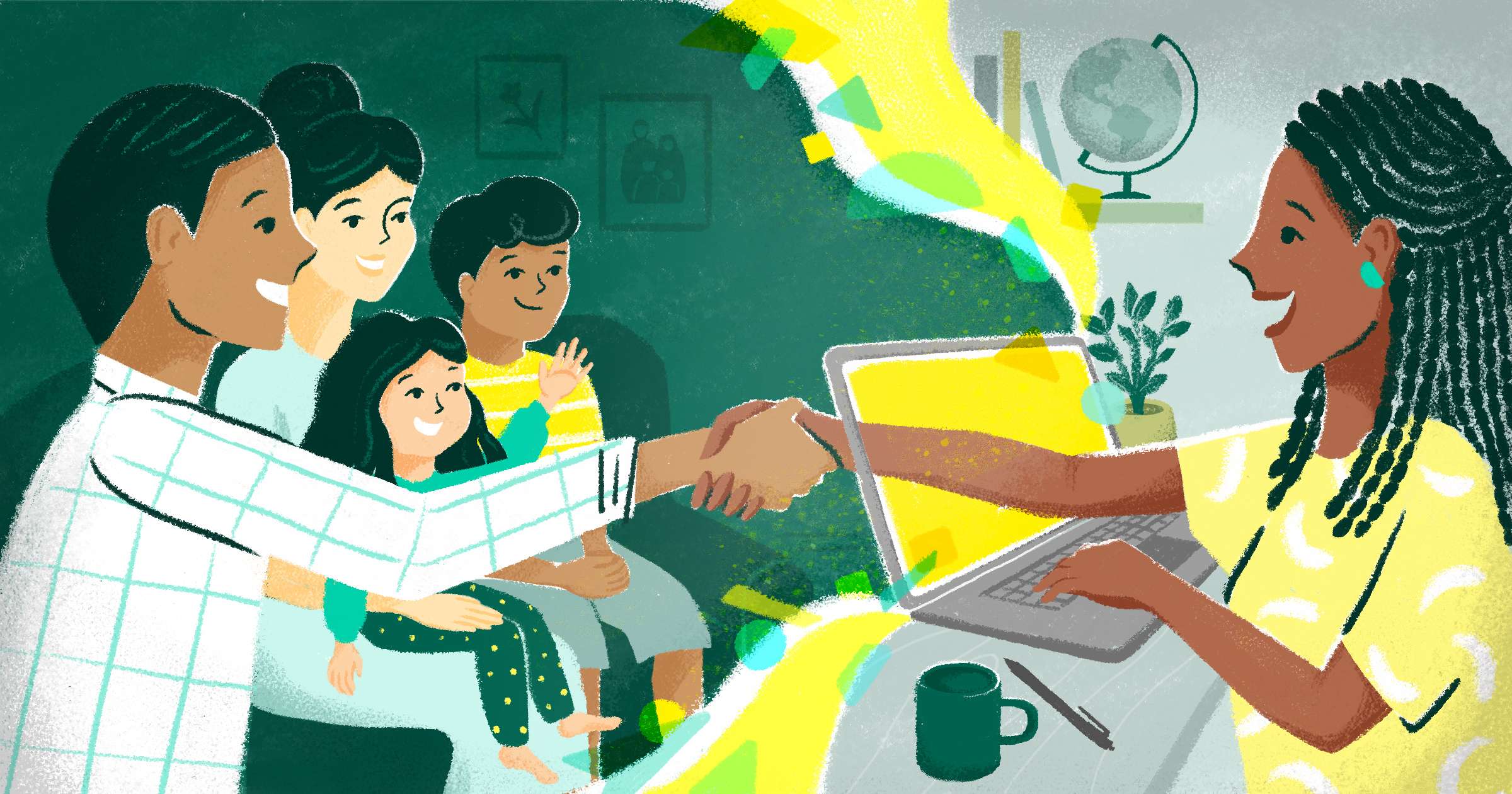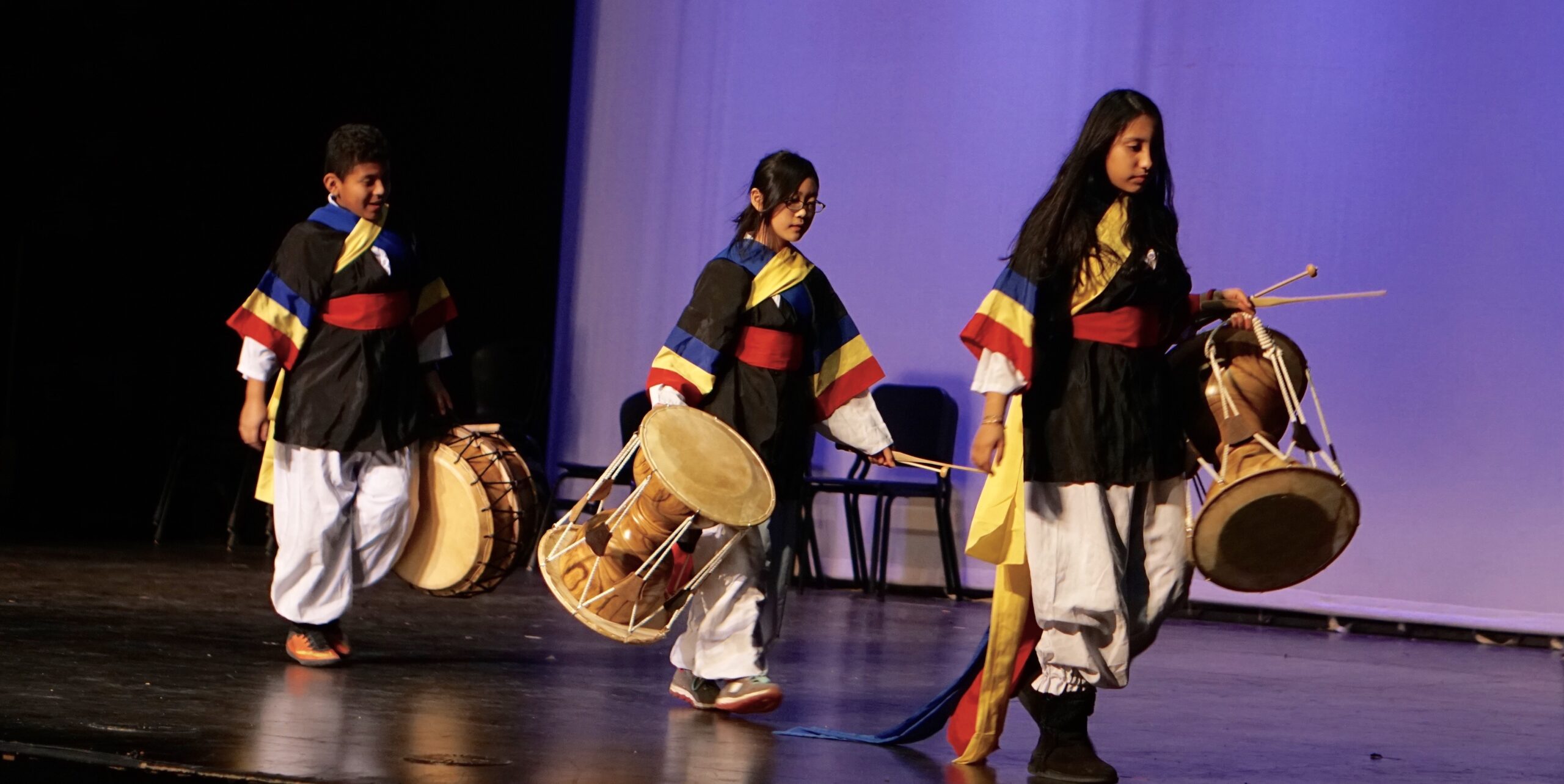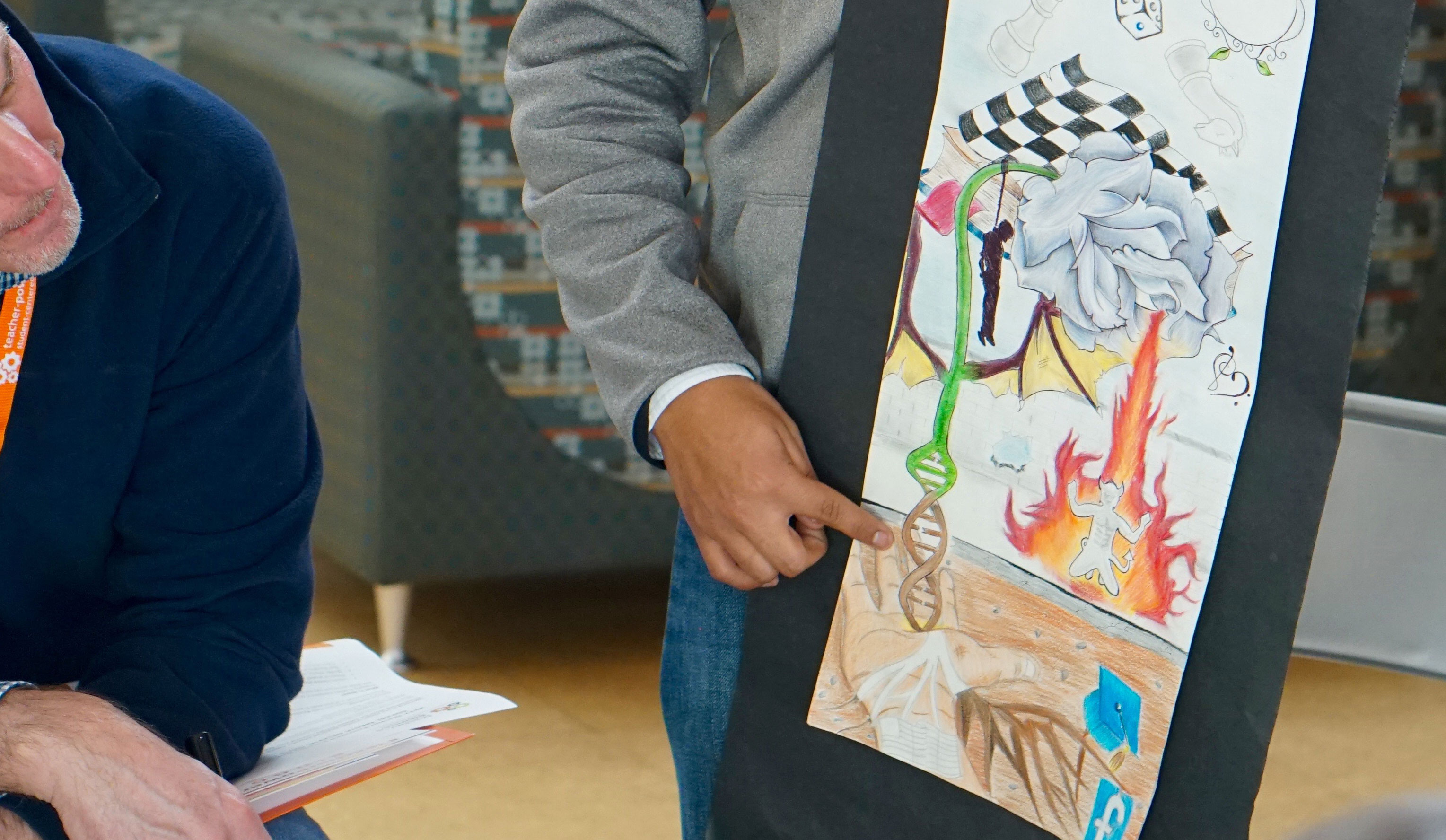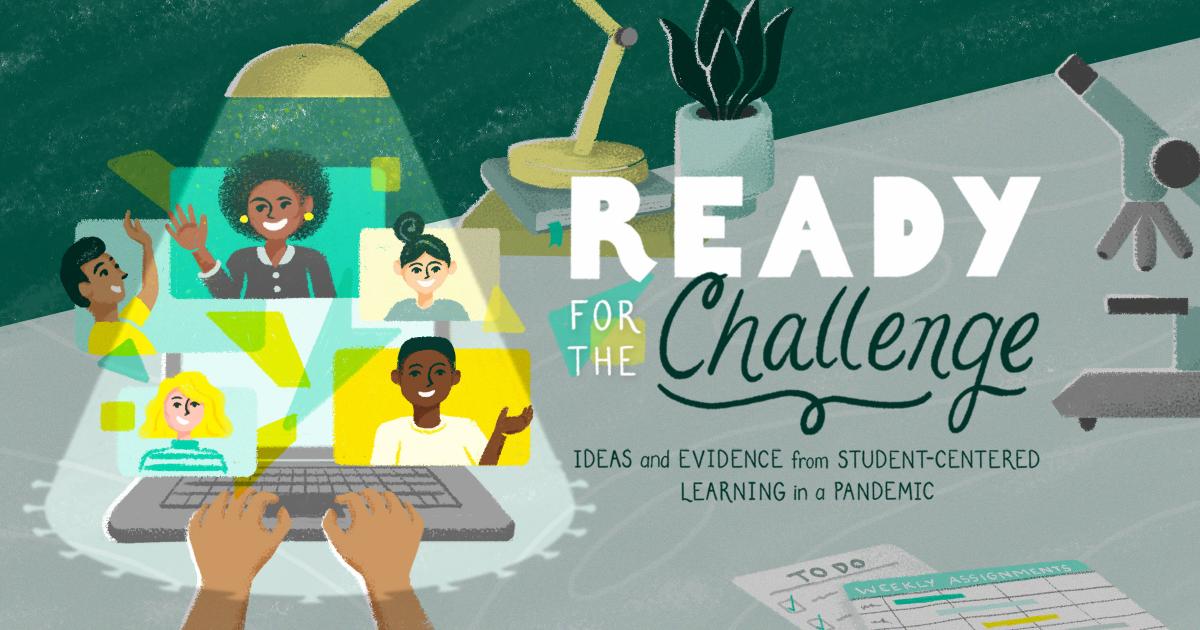
Illustrations by Khou Vue for Education Evolving
When we hear about “student-centered” and “personalized” learning, we often hear about individualizing learning: one-to-one access to technology, curriculum designed to meet unique student needs, content driven by students’ individual interests.
At UCLA Community School, being “student-centered” is just as much about acknowledging and celebrating our shared humanity as it is about attending to individual differences.
Throughout 2021, the Education Evolving team is collecting stories and evidence from schools leveraging student-centered learning during the pandemic. UCLA-CS is the first school profiled for a blog series on this topic.
Nestled in the heart of Koreatown near downtown Los Angeles, UCLA Community School (UCLA-CS) serves approximately 1,000 students in grades K-12. Its mission is to graduate students ready to “enter the adult world as confident and capable human beings, prepared to succeed in college, pursue meaningful careers, and participate in our democracy.”
UCLA-CS is collocated with five other pilot schools on the RFK Community Schools campus, the site of the former Ambassador Hotel where Senator Kennedy was tragically assassinated in 1968. Vibrant murals by celebrated local artists adorn the walls of the school and broader campus.

UCLA-CS is a full-service community school, providing a wide range of wraparound services for students and families. Its innovative dual-language program was designed to build on the assets and identity of the neighborhood’s Spanish and Korean-speaking population. School leadership is distributed and collaborative, reflecting the founding principle that students and those who know them best—families and educators—should share power in the decision-making process.
As its name suggests, UCLA-CS maintains a close partnership with the University of California Los Angeles (UCLA), which runs a teacher residency program, supports organizational learning and development, and conducts research in partnership with the school.
An “existential crisis”: Responding to Covid-19
According to Rebekah Kang, a coordinator at UCLA-CS, the abrupt move to distance learning last spring in the context of a global pandemic prompted an “existential crisis”. “What is a school? What is a teacher?” Kang and her colleagues asked themselves. Business as usual no longer made sense in a time of such intense anxiety, loss, and hardship.
Fortunately, the school’s underlying student-centered principles helped it to pivot, and in some unexpected ways, to thrive.
The remainder of this post highlights two such principles: a commitment to meeting students’ foundational needs and developing positive student identities. It describes how each principle has looked in practice, and then how the school has measured and collected evidence of success with that principle.

Principle 1 in Practice:
Meeting basic needs through comprehensive supports
Since the school opened its doors in 2009, UCLA-CS has aimed to help its families to access food, healthcare, housing, legal representation, and other social services to support their wellbeing.
So when the pandemic hit, the school was already set up to connect families with the resources that so many had abruptly found themselves without.
The RFK campus became a “Grab n Go” food center for the district, with staff and volunteers preparing and distributing over 5,000 meals a day to students, families, and community members.
 During these Grab n Go food pick-ups, families shared with UCLA-CS staff about the challenges they were facing: lack of access to technology, loss of housing, wage theft, immigration concerns, and serious illness—including loss of loved ones—due to the virus itself.
During these Grab n Go food pick-ups, families shared with UCLA-CS staff about the challenges they were facing: lack of access to technology, loss of housing, wage theft, immigration concerns, and serious illness—including loss of loved ones—due to the virus itself.
The school’s “support team”—including administrators, counselors, a social worker, psychologist, and coordinator—quickly mobilized community partners to provide resources including internet hot spots, technology help, and free Covid tests offered through the district. A mutual aid fund was established to support families needing to quarantine and unable to secure groceries and basic supplies.
According to Karen Hunter Quartz, Director of the UCLA Center for Community Schooling, there was “a big community press to figure it all out.”
Principle 1 in Evidence:
Integrated data systems to meet student needs
Staff members at UCLA-CS share a deep commitment to collecting and using data, which requires navigating disparate data systems used to monitor students’ needs, track communications with families, and chart progress toward students’ academic and non-academic goals.
When schools closed, the need for an integrated data system, or IDS, became acute. A team of staff members and UCLA researchers got to work.
The initial iteration of UCLA-CS’s IDS was a huge spreadsheet that tracked a wide range of data points on students—including work completion, notes from one-on-one student check-ins, family touchpoints, provision of various services, and progress toward learning goals. At the beginning of Covid, the UCLA-CS team incorporated data from a student survey developed by one of the high school teachers and implemented schoolwide. Students reported who was home with them during the school day, the nature of their home learning environment, and how they were engaging in virtual learning activities. Teachers used the survey responses to better connect with students virtually.

 NEWSLETTER SIGN-UP
NEWSLETTER SIGN-UP








